Go Local: A Small Business Guide to Local SEO
Small businesses have a unique advantage when it comes to search engine optimization (SEO).

By focusing on local SEO, small businesses can attract customers in their local area, drive foot traffic to their physical location, and increase their online visibility.
Here's a guide to help small businesses get started with local SEO:
Claim your Google My Business (GMB) listing: Google My Business is a free tool that allows businesses to manage their online presence across Google, including Google Search and Google Maps. Claiming your GMB listing will enable you to provide accurate information about your business, such as your business hours, phone number, and address.
Optimize your GMB listing: Once you have claimed your GMB listing, it's time to optimize it. Make sure your business name, address, and phone number (NAP) are consistent across all online platforms. Add photos and videos of your business, and encourage customers to leave reviews.
Create local content: Creating local content can help your business rank higher in local search results. Consider writing blog posts about local events, attractions, or landmarks. You can also create location-specific landing pages that target specific neighborhoods or areas.
Get listed in online directories: Online directories such as Yelp, Yellow Pages, and TripAdvisor can help your business appear in more search results. Make sure your business information is accurate and up-to-date on these directories.
Build local backlinks: Backlinks from local websites can help your business rank higher in local search results. Reach out to local bloggers or businesses to see if they would be willing to link to your website.
Use local keywords: Use keywords that include your city or region in your website's content. For example, if you're a plumber in Chicago, use keywords like "plumber Chicago" or "Chicago plumbing services."
Use social media: Social media platforms like Facebook, Twitter, and Instagram can help your business connect with local customers. Use hashtags that include your city or region to increase your visibility.
Monitor and respond to reviews: Monitoring and responding to reviews on platforms like Google, Yelp, and Facebook can help you build a positive online reputation. Thank customers for positive reviews and respond to negative reviews with a solution or explanation.
By following these tips, small businesses can improve their local SEO and attract more customers in their local area. Remember, local SEO is an ongoing process, so make sure to regularly update your online presence and monitor your results.










